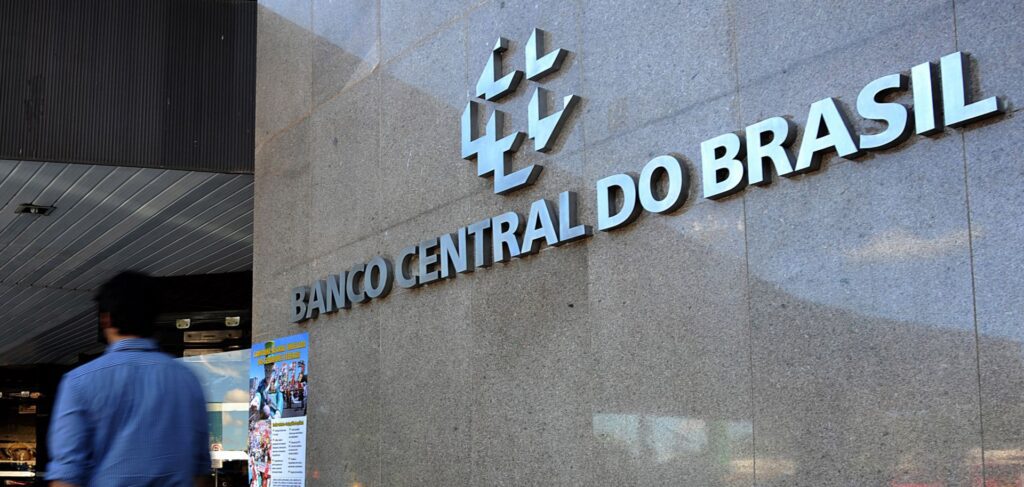Key Points:
- The Banco Central de Brasil (Brazil’s Central Bank) recently announced that 14 parties had been chosen to participate in the South American country’s CBDC trial.
- At this point, the pilot is intended to explore the advantages of a digital real in a completely synthetic world.
- The bank got 36 interest offers from over 100 entities from a variety of financial industries.
Brazil’s Central Bank has chosen 14 banks to participate in the CBDC pilot project.

Major local private banks such as Bradesco, Buffett-backed Nubank, and Ita Unibanco are on the list, as is Brazil’s biggest lender, Banco do Brasil, and the local stock market B3. Visa and Microsoft are among the multinational corporations that have agreed to engage in the initiative.
According to the Bank Central de Brazil website, 36 ideas were submitted for the pilot. Moreover, by the middle of June, the chosen participants will be included in the “Real Digital Pilot.”
According to prior reports, the Central Bank of Brazil announced in March this year the commencement of a CBDC pilot project, which is expected to be operational by the end of 2024.
The pilot is described by Brazil’s Central Bank as an experiment to examine the programmability advantages of a multi-asset Distributed Ledger Technology (DLT) platform for operations with tokenized assets. It will only be taught in a synthetic environment and will not include real-world transactions.

Brazil has been actively cooperating with many firms—traditional and from the cryptocurrency industry—for several years, in addition to entering the race to establish a CBDC in September 2022. Binance and Mastercard, for example, began issuing the former’s crypto debit card in early 2023.
For years, South America has been open to digital assets such as central-bank digital currencies and other cryptocurrencies. Although El Salvador was the first government in the world to accept Bitcoin as legal cash, it is far from the sole example of a crypto-friendly posture.
Notwithstanding this broad tendency, there has lately been a change in attitudes in several sections of the continent. Argentina, a South American nation, has lately begun to strike back against cryptocurrencies by prohibiting payment service providers from enabling digital asset transactions.
DISCLAIMER: The information on this website is provided as general market commentary and does not constitute investment advice. We encourage you to do your own research before investing.
Join us to keep track of news: https://linktr.ee/coincu
Harold
Coincu News






















